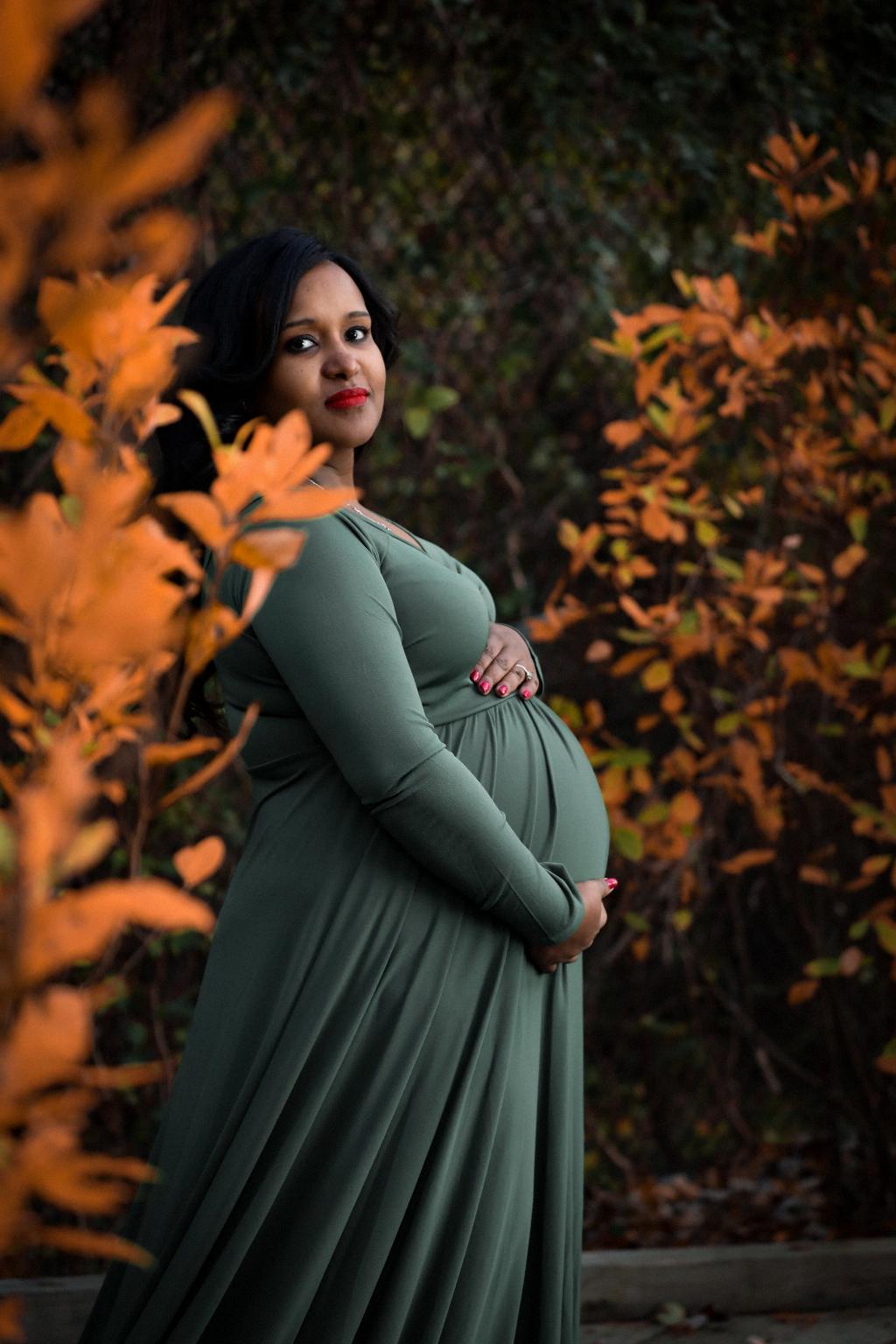One common question that many expectant mothers often ask is, “Is it normal to feel a headache during pregnancy?” The short answer is yes, it is normal to experience headaches while pregnant. This occurrence is quite common and can be attributed to various factors.
Causes of Headaches During Pregnancy
Headaches during pregnancy can be caused by a variety of reasons. Hormonal changes, increased blood volume, stress, dehydration, lack of sleep, and changes in posture are just a few factors that can contribute to pregnancy-related headaches.
Types of Pregnancy-Related Headaches
There are different types of headaches that pregnant women may experience. Tension headaches, migraines, and sinus headaches are among the most common. Understanding the type of headache you are experiencing can help in managing and treating it effectively.
When to Seek Medical Attention
While headaches during pregnancy are usually considered normal, there are some instances where they may indicate a more serious issue. If you develop a severe headache that is persistent or accompanied by vision changes, dizziness, or swelling, it is important to contact your healthcare provider immediately.
Managing Headaches Safely
There are various ways to manage and alleviate headaches during pregnancy. Ensuring you stay hydrated, practicing good posture, getting an adequate amount of rest, and incorporating stress-reducing activities into your routine can help prevent and reduce the frequency of headaches.
Healthy Lifestyle Choices
Maintaining a healthy lifestyle is crucial in managing headaches during pregnancy. Eating a well-balanced diet, staying physically active with your healthcare provider’s approval, and avoiding triggers such as caffeine and certain foods can contribute to overall wellness.
Alternative Remedies
For those looking for natural headache relief, alternative remedies such as acupuncture, acupressure, massage therapy, and aromatherapy have been found to be beneficial for some pregnant women. It is essential to consult with a healthcare provider before trying any alternative treatments.
Medication Considerations
When it comes to taking medication for headaches during pregnancy, it is crucial to consult with your healthcare provider. Some over-the-counter and prescription medications may not be safe for pregnant women and their developing babies. Your healthcare provider can provide guidance on safe options.
Self-Care Strategies
In addition to lifestyle changes and alternative remedies, self-care strategies such as practicing relaxation techniques, taking breaks when needed, and creating a calm environment can help in relieving headaches during pregnancy. It is essential to prioritize self-care during this special time.
Communication with Your Healthcare Provider
Open communication with your healthcare provider is key in managing headaches during pregnancy. Be sure to discuss any concerns or changes in your headache patterns with your provider. They can offer personalized advice and recommendations based on your individual circumstances.
Support System
Having a strong support system can also be beneficial in coping with headaches during pregnancy. Whether it is seeking emotional support from loved ones or practical help with daily tasks, surrounding yourself with a supportive network can make a positive difference in your pregnancy journey.
Final Thoughts
In conclusion, experiencing headaches during pregnancy is normal for many women. By understanding the causes, types, and management strategies for pregnancy-related headaches, you can navigate this common occurrence with confidence. Remember to prioritize self-care, communicate with your healthcare provider, and seek support when needed to promote a healthy and happy pregnancy.

